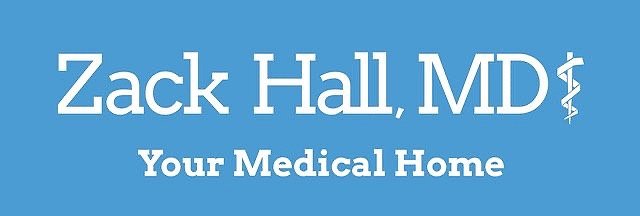Blood Pressure
Blood pressure readings are measured in millimeters of mercury (mmHg) and usually given as two numbers. For example, 120 over 80 (written as 120/80 mmHg).
The top number is your systolic pressure, the pressure created when your heart beats. It is considered high if it is consistently over 140.
The bottom number is your diastolic pressure, the pressure inside blood vessels when the heart is at rest. It is considered high if it is consistently over 90.
Hypertension is the term used to describe high blood pressure. Pre-hypertension is when your systolic blood pressure is between 120 and 139 or your diastolic blood pressure is between 80 and 89 on multiple readings. If you have pre-hypertension, you are more likely to develop high blood pressure.
Guidelines: >140/90 or above High
120/80 to 139/89 Pre-Hypertension
<120/80 normal
What are the symptoms of high blood pressure?
High Blood pressure is sometimes referred to as a “silent killer” or a “silent disease” with usually no signs or symptoms. It is recommended that you get this checked at least every 2 years dependent on risk factors. When blood pressure is high you may experience, vision changes, ringing in ears, dizziness, severe headache, irregular heart beat or chest pain.
What are the risk factors for high blood pressure?
Smoking
Gender- men more likely than women to have high blood pressure
Strong family history
Race- African Americans are at higher risk
Increasing age- roughly 50% of all 55 year olds have high blood pressure
Emotional stress
Being inactive
Poor nutrition
High salt intake
What if high blood pressure is left untreated?
Without treatment, high blood pressure can damage the heart, the kidneys, the brain or your eyes. It can lead to heart attacks, strokes, dementia, kidney failure/dialysis and vision loss.
How is high blood pressure treated?
Depending on how high your blood pressure is will define what and if you will need medications. Other risk factors such as heart disease or diabetes lead to lower blood pressure goals. Healthy lifestyle, diet and exercise are the first recommendations for lowering blood pressure. Sometimes lifestyle modifications are not adequate alone for treating high blood pressure. Review your blood pressure with your physician and see if what medications are an option for you.
Lifestyle Modification for better blood pressure
Health body weight (body mass index of 18-24.9)
No Smoking
Eat less salt- less than 2000 mg/daily
Exercise
Limit alcohol 2 drinks for men daily and 1 drink for women daily
Take medications as prescribed by your physician.
